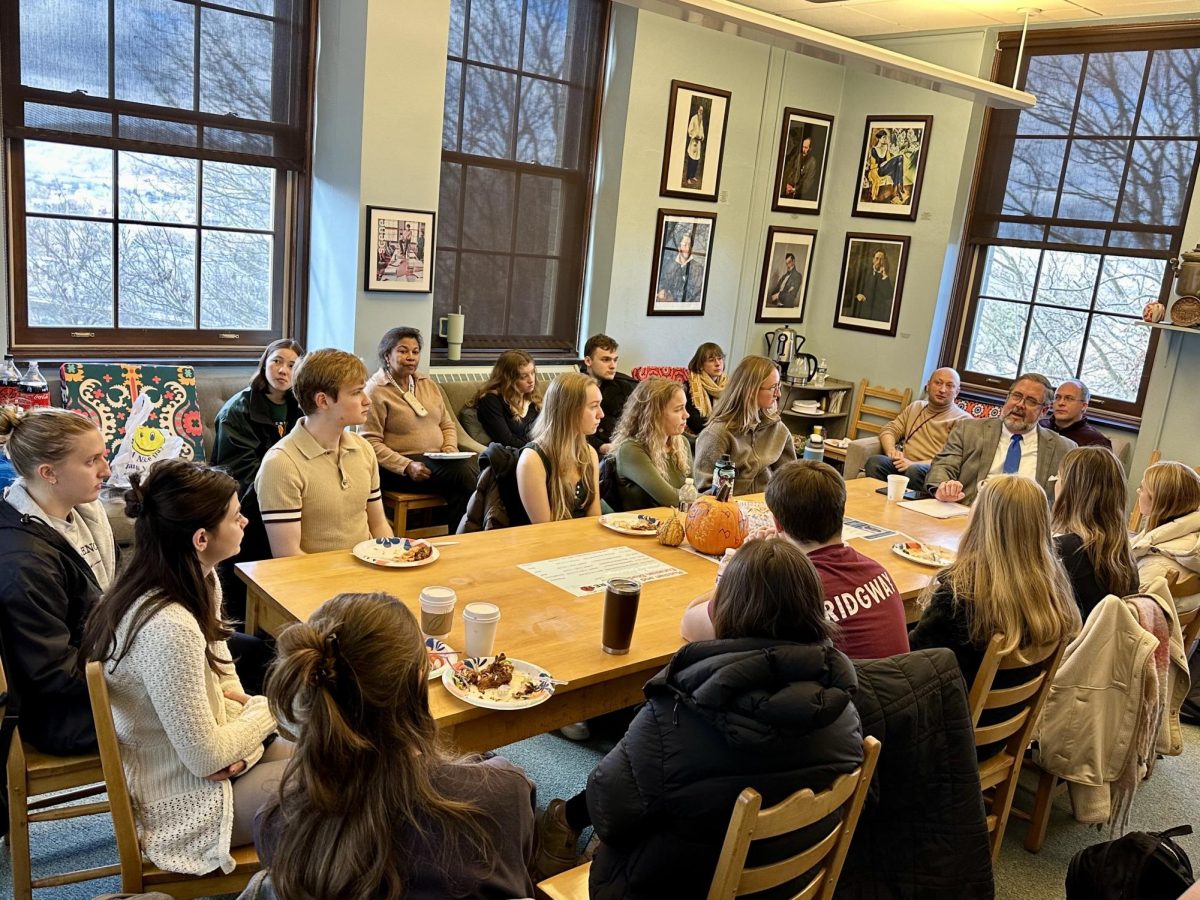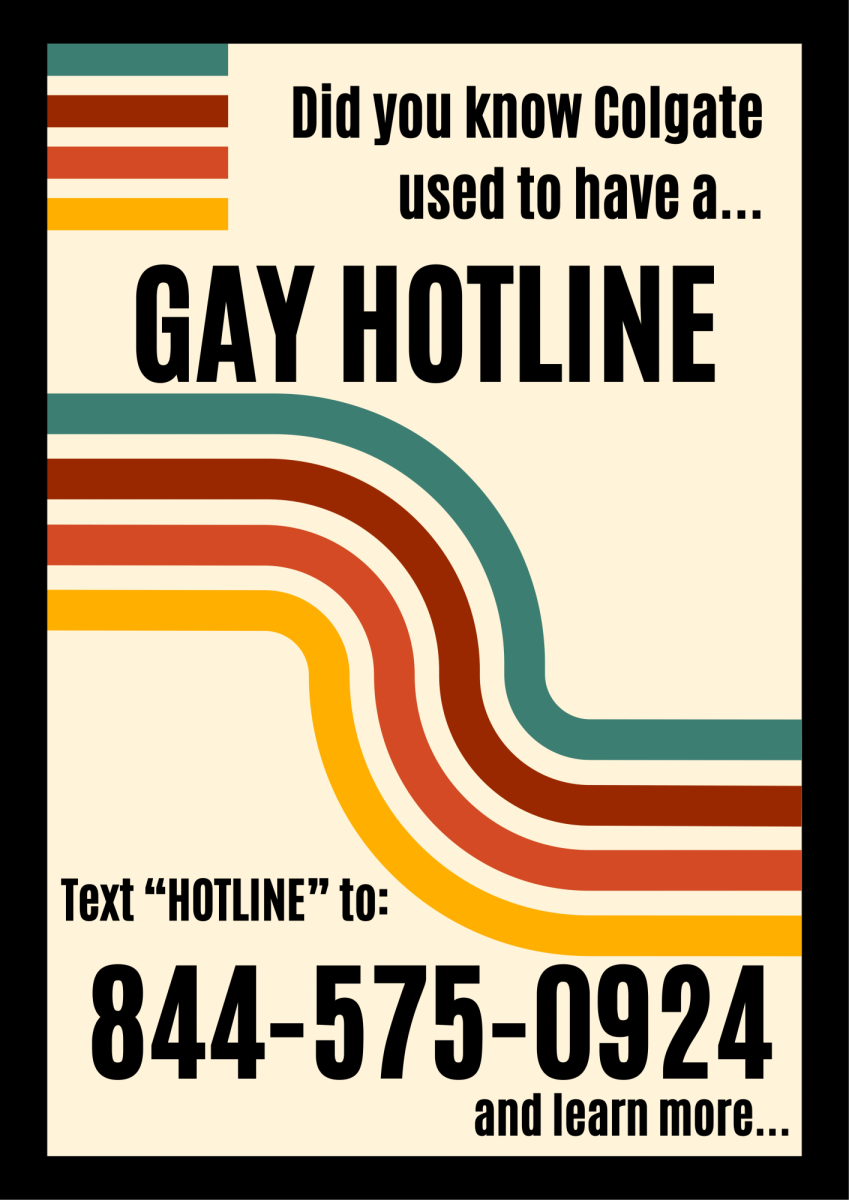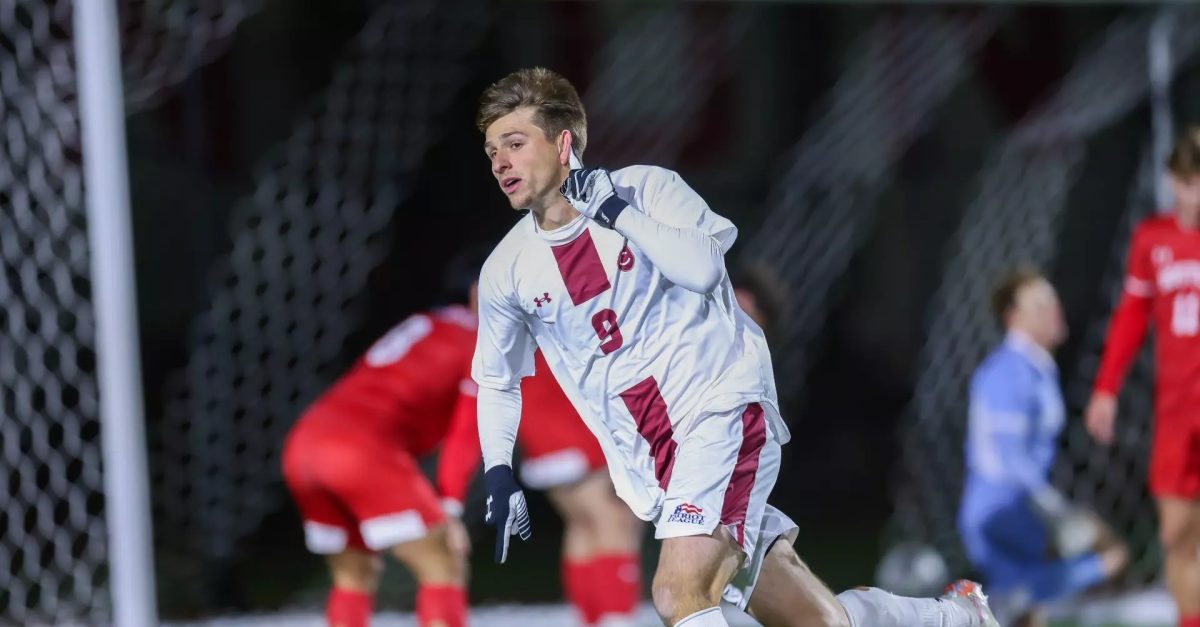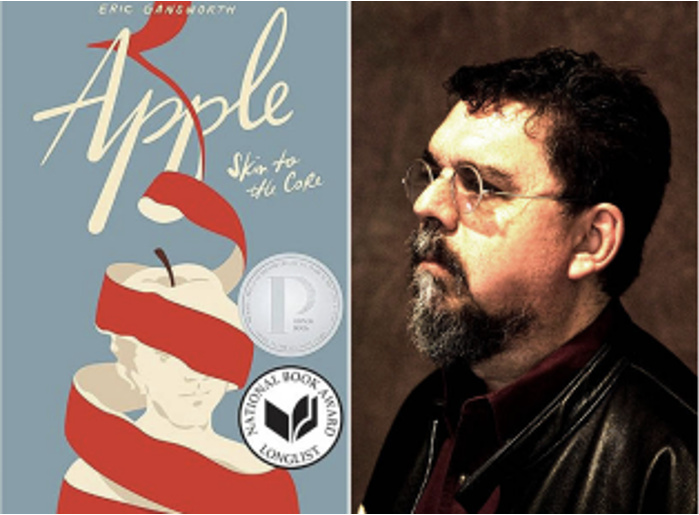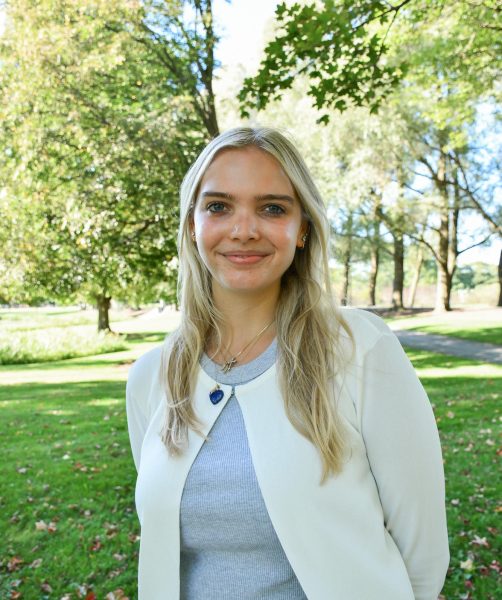Members of the Colgate University community gathered on Tuesday, Oct. 8 as part of a Vigil for Peace to mourn and reflect on the violence of the ongoing conflict in the Middle East. The event, held in the Colgate Memorial Chapel, featured prayers and statements from multiple chaplains and faculty members.
The vigil was originally scheduled for Oct. 7, the anniversary of Hamas’s attack on Israel, but was moved to Oct. 8. The change of date was announced via an email sent by Provost and Dean of the Faculty and Professor of Religion and Jewish Studies Lesleigh Cushing.
“We make this change out of respect for those members of our on-campus community who have written to ask that today be preserved as a yahrzeit, with programming by Jewish students that marks Oct. 7 as a focused day of mourning,” Cushing wrote.
A “yahrzeit,” the Yiddish word for anniversary, marks the anniversary of a death. Cushing elaborated on the decision to the Maroon-News.
“We received thoughtful, careful emails from a significant number of students who asked that they be able to dedicate their hearts and minds to mourning the victims of the Hamas attacks on the anniversary itself,” Cushing said. “My hope was that by honoring the students’ request to carve out the time for Jewish mourning on [Oct. 7], we could give them the emotional space to join fully in the larger gathering for peace and for mourning all the lives lost and impacted on [Oct. 8].”
Cushing also shared the intent behind the vigil.
“We realized we wanted to create a space for the whole community to come together to bear witness to the devastation in the Middle East and we realized, even though we are both more scholarly in our approaches, that the best way to do that was likely to be through prayer and reflection,” Cushing said. “We felt that doing a vigil for peace rather than an academic talk would allow people a setting to engage their hearts and spirits and not just their intellects and minds.”
The vigil began with an introduction from University Chaplain and Protestant Campus Minister Corey MacPherson. MacPherson emphasized the importance of the vigil as an opportunity for individuals to find support in the community amidst the overwhelming nature of the war.
“Our hope is to honor each precious life lost, regardless of nationality, religion or background,” MacPherson said. “My hope is [also], that in this shared moment, you can find some small measure of strength together as true communities do.”
Director of Middle Eastern and Islamic Studies and Associate Professor of History Noor-Aiman Khan shared statistics of the devastation caused by the conflict and reflected on the question of how we measure death. Khan concluded that death cannot be compared, and, in order to move forward, divisions must end.
“I would say the most righteous is that who looks at his brother, sister, children and non-binary fellow humans and recognizes in them a shared soul that we all have to answer for in one way or another,” Khan said.
Cushing echoed the same sentiment of unity during the ceremony, highlighting the supportive nature of the Colgate community.
“To see a community take a moment in our busy days to come together in common purpose feels counter-cultural,” Cushing said. “It also feels very Colgate, very much what we are at our best: a small community of intellectually curious people who, by virtue of living among one another, come to share and carry each other’s pain, sorrow and suffering just as we celebrate each other’s blessings, achievements and milestones.”
The vigil ended with a moment of silence and ringing of the Chapel bells to honor those lost. Those who spoke at the vigil all echoed a call to peace and an ending of division and hatred among different groups.
“The only choice we have is to recognize that the only color that matters is the blood that’s red for all of us,” Khan said. “The only hope we have is to recognize each other as children of the same people.”




